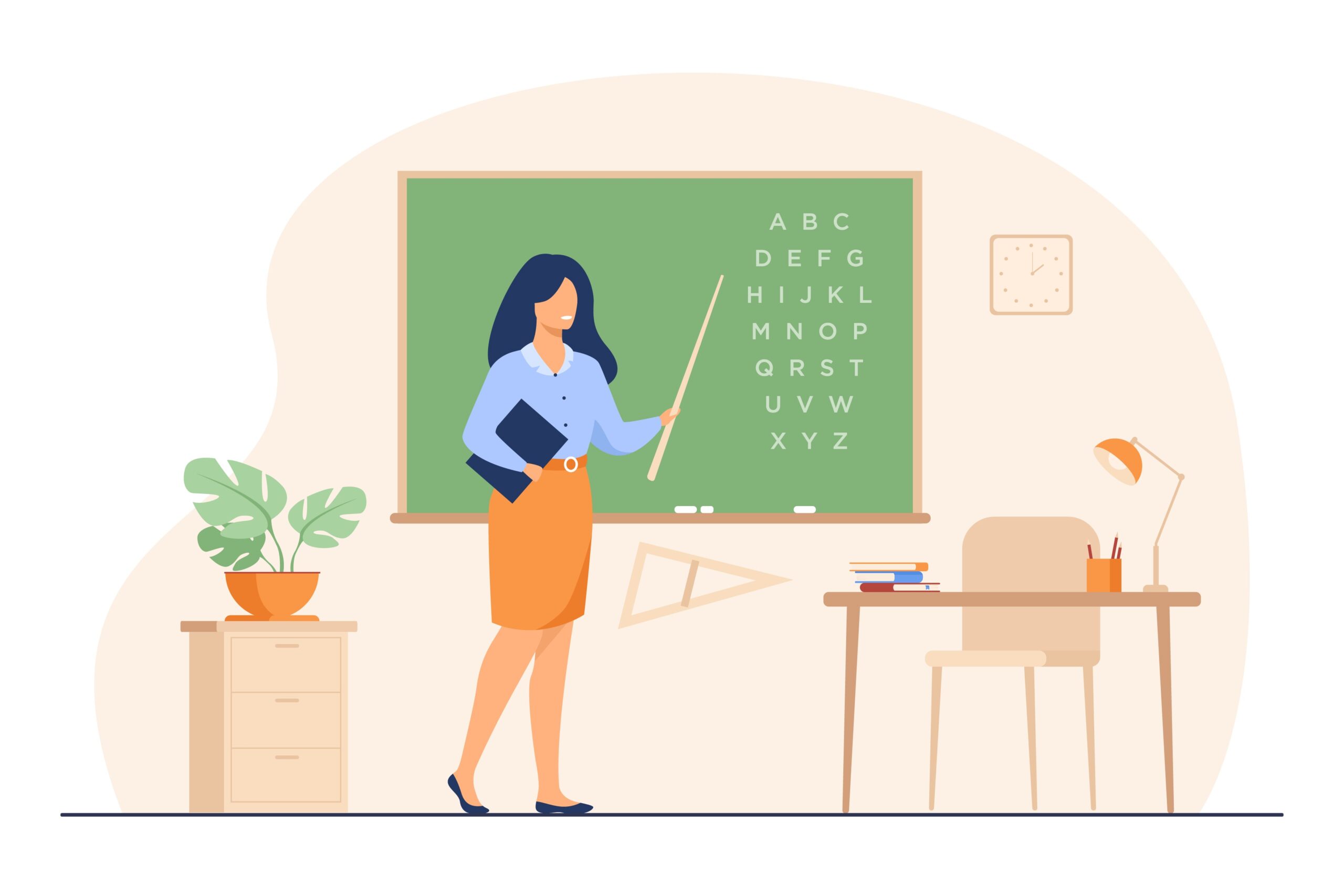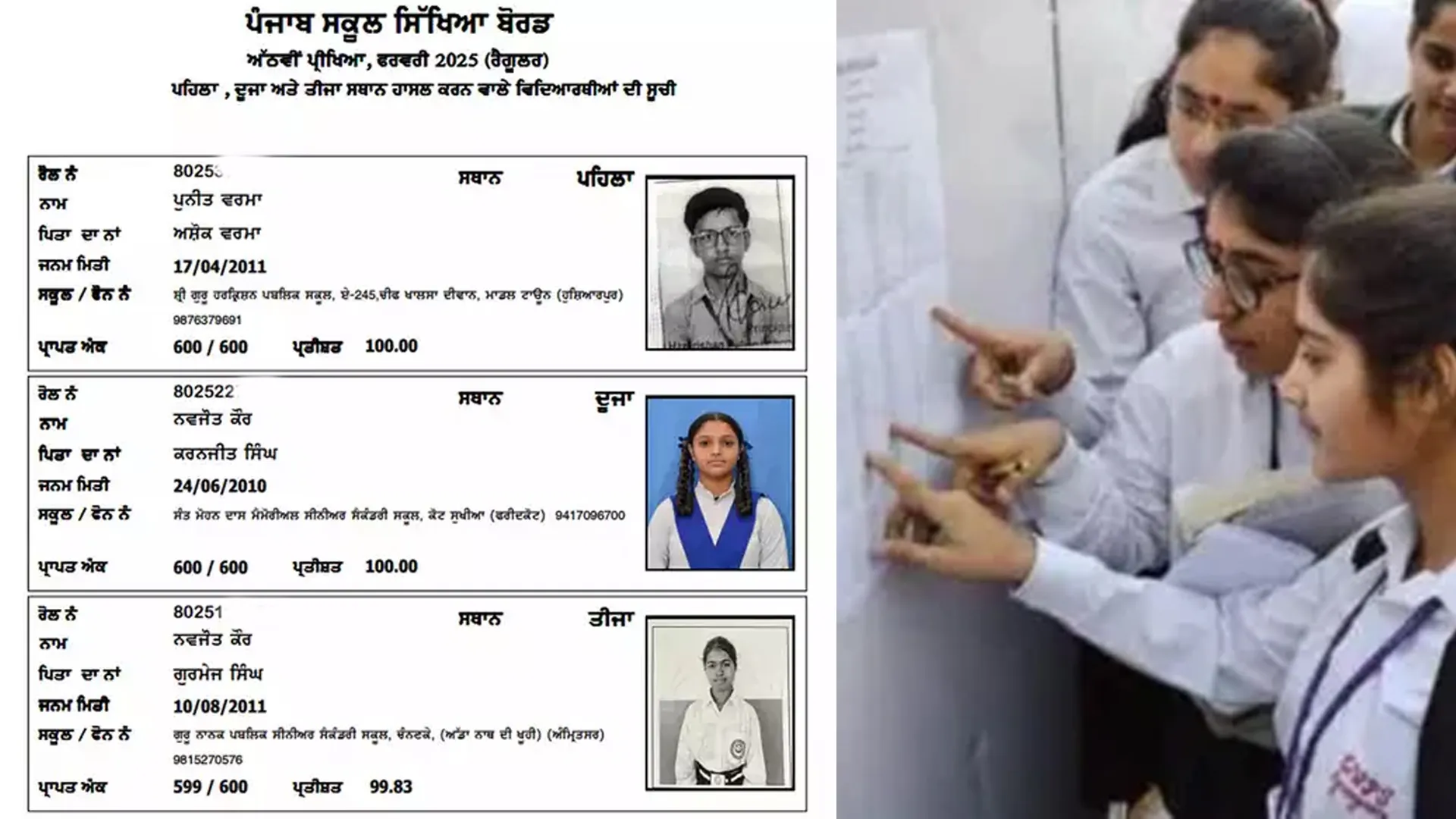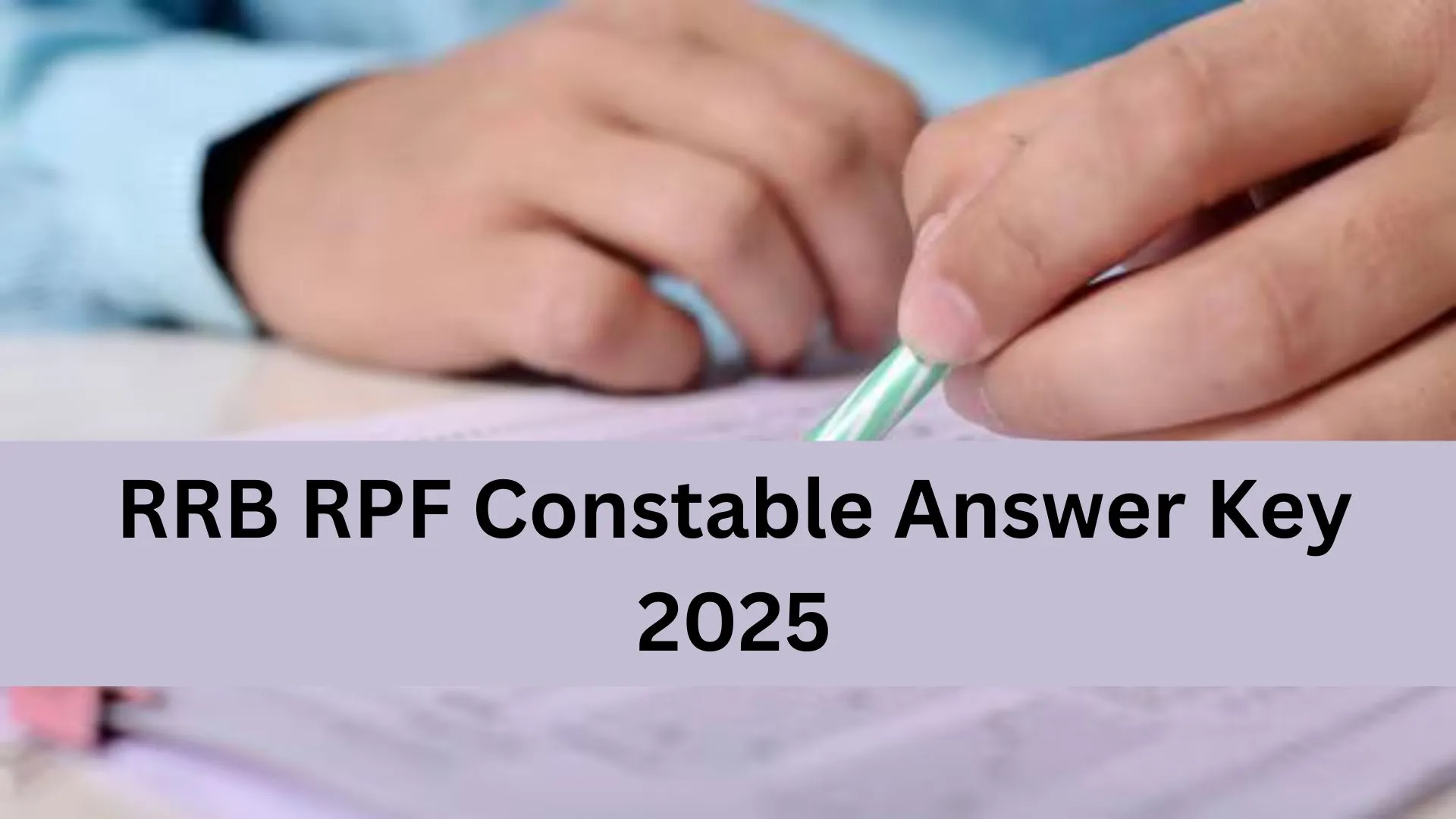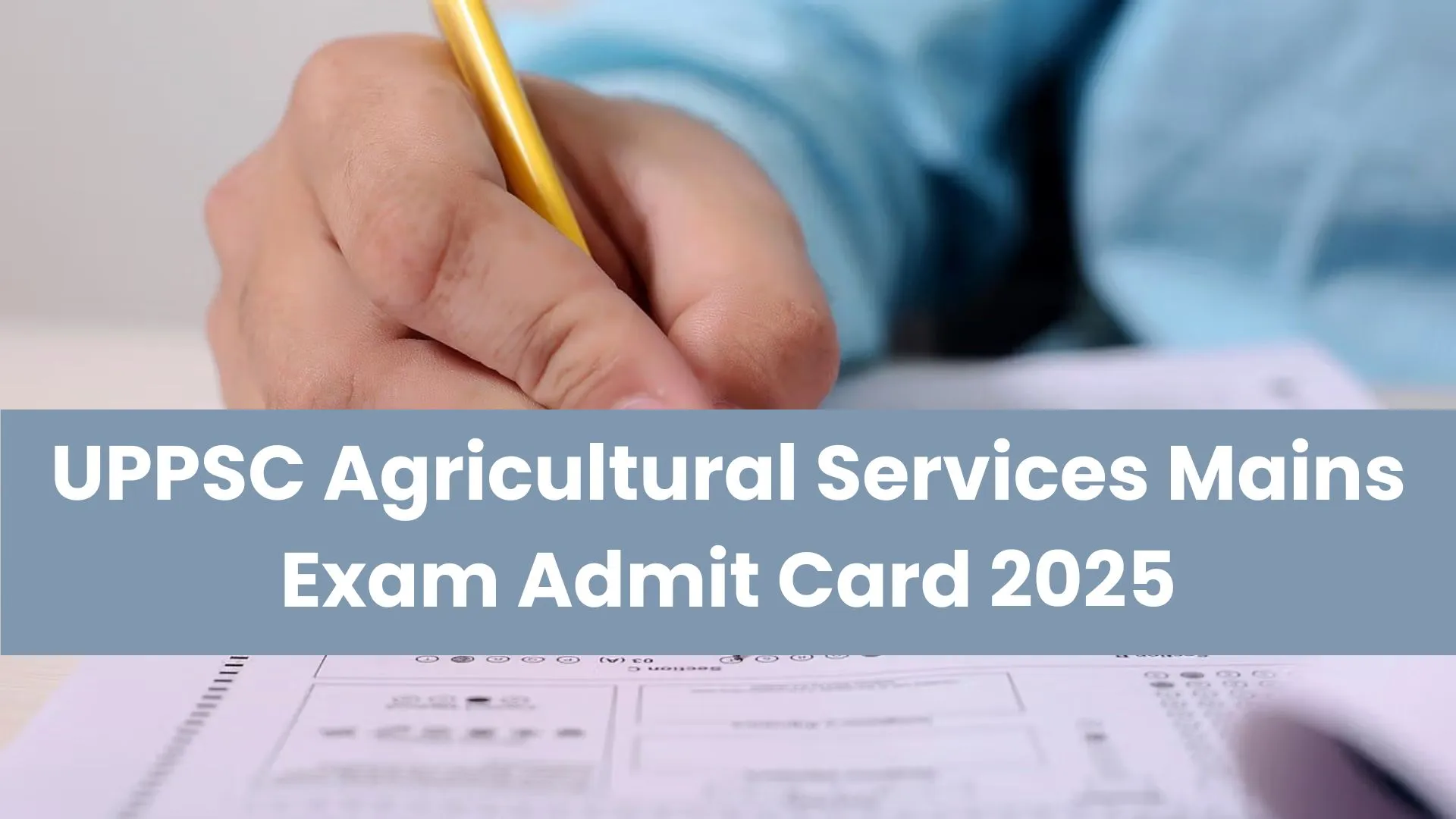The profound impact of wise words often emerges only after we experience it ourselves. I had to become a teacher to understand what Phil Collins meant when he said ‘In learning you will teach, and in teaching you will learn.’ The transition from corporate life to academia through a doctoral degree was surprisingly smooth for me, given the academic interests. A senior colleague’s reminder that my one-hour lecture equated to forty hours of student effort made me realize the immense responsibility of teaching, where every word spoken can make or break them. For my first lecture, the prepared content got exhausted in 25 minutes, but the eager eyes of my forty students transformed me into a story teller for the rest of the 30 minutes.
Over the past years, I have grown from telling stories and attempting to become a teacher who sets clear expectations, listens closely, challenges students to think, and encourages them to try something new. I found myself increasingly passionate about my role as a teacher and realized that patience was the cornerstone of effective instruction. Definition of success changed to students asking lots of questions after a lecture or a student completing data wrangling without errors or a call during their internship saying what they studied helped at work. Their learning became my reward and their obstacles were my concern.
With information at their fingertips, motivating students to go beyond internet searches or AI prompts is a demanding task. The key to overcoming this is to challenge the students themselves to think critically by leaving open ended questions and by encouraging to approach situations from different perspectives. To maximize the benefits of these tools, students must be trained to use them as cognitive supplements rather than a replacement of their intellect.
To learn effectively, one must be able to ask questions. When surrounded by peers from prestigious schools/institutions, many students hesitate to ask questions due to concerns about appearing less knowledgeable or feeling socially uncomfortable. Ironically, many students share the same fear of appearing less intelligent and avoid asking questions, hindering collective learning. Therefore, it is important to reassure students that it is perfectly acceptable to ask any questions related to classroom discussions.
The hardest aspect of teaching is when a teacher is unsure of the answer to a student’s question. I have learned to respond by saying that I don’t know the answer, but I will find it and get back. This triggers Socratic ignorance effect and serves as a catalyst for student curiosity.
One of the bigger challenges is to connect emotionally with the students who tend to be hooked to social media and fail to connect interpersonally. It often surprises why four friends sitting in the cafeteria would chat through apps than talk to each other. While it is important to build academic confidence, it is also crucial to make them confident about social skills and resilience to overcome fear of failure or rejections.
Unlike the formal- rigid teacher-student dynamics of the past, today’s classrooms are more engaging with cordial interactions. Students value teachers who are easy to talk to, but it is also essential to uphold a respectful teacher-student relationship. By defining expectations and limits, teachers can create a productive learning environment. After all, student success is teacher’s reward.
Dr. Bipin Sony is an Assistant Professor at Vidyashilp University, Bengaluru.









